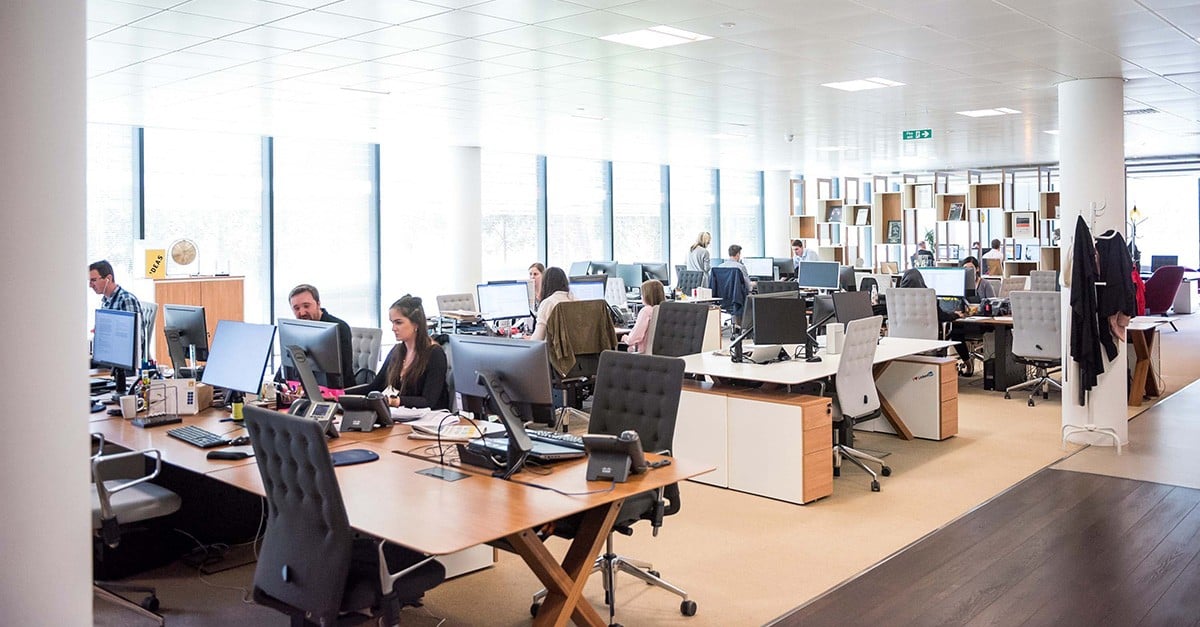
Getronics Editorial Team
In this article:
A recent collaboration with Getronics significantly improved the quality and reliability of the mobile app experience for one of the country’s leading telecommunications companies.
Partnering with one of the largest telecommunications companies in Argentina, Getronics contributes to the continuous innovation of the client’s mobile app, implementing quality assurance services with agile methodologies.

Telefónica Telecommunications, S.A. is a Spanish multinational telecommunications company headquartered in Madrid. It is the fourth-largest telecommunications company in Europe and the thirteenth worldwide. In Argentina, Movistar, the brand representing Telefónica, has over 11,000 employees and more than 16 million users.
The Challenge
Movistar Argentina needed to implement a new service adopting agile methodologies with innovative, faster, and more effective solutions for its users to ensure the functionality of its platforms. The goal was to implement a Testing Factory & QA service, covering compatibility, accessibility, performance, automation, and UX/UI testing, with a service model based on indicators and KPIs. Getronics presented a superior proposal that met the high industry standards required by the client. With proven experience in the telecommunications market, and extensive business knowledge, we supported Movistar Argentina in meeting this new challenge.
The Solution
Getronics acted as a key partner, working closely with the Movistar Argentina team to raise the quality standards of the mobile app. From the start, our approach was collaborative and results-oriented. We implemented a comprehensive set of functional and non-functional tests which were designed to ensure the reliability of performance on their mobile app, Mi Movistar. This process included new testing standards and procedures, which gave complete coverage at every stage of development. We created a collaborative space known as the Certification Discipline. Here, we worked closely to strengthen and improve software certification practices. As needs and challenges evolved, we expanded this space to include new agile teams. We applied specialised procedures in compatibility, accessibility, performance, automation, and user experience (UX/UI) testing, among other critical research areas.
Key Results
After the changes were made, Movistar Argentina reported significant results in terms of quality:
- Early Deliveries: The first MVP with the new software architecture was achieved in just 3 months.
- Improved Product Quality:
- We detected and resolved over 2,000 code defects in certification environments.
- We executed over 3,500 automated regressions, saving more than 3,100 hours in manual testing time.
- We improved accessibility with over 40,000 test cases.
- Expansion of Agile Culture:
- Since 2020, the service has been growing steadily, with a current average of 11,000 hours of execution per month.
- Creation of the Certification Discipline group, defining processes for functional, non-functional, and automated testing.
- Top 1 Telecommunications App in the Market: In partnership with the Movistar team, we improved the NPS (Net Promoter Score) in the Android and iOS stores.
- Alliance with Getronics as a Strategic Technology Partner, with over 20 years of collaboration.
At Getronics, we will continue to refine and professionalise the Certification Discipline while continuing to innovate to contribute to Movistar’s ongoing success, with a focus on user experience. We are committed to creating long-term value, which is sustainable, innovative, and profitable.
* In software development, “regression” refers to re-executing previous tests to ensure recent changes have not introduced new errors. This process is essential to maintain the quality and stability of the software, and automating these tests saves time and resources, ensuring continuous delivery of solutions without compromising existing functionality.




